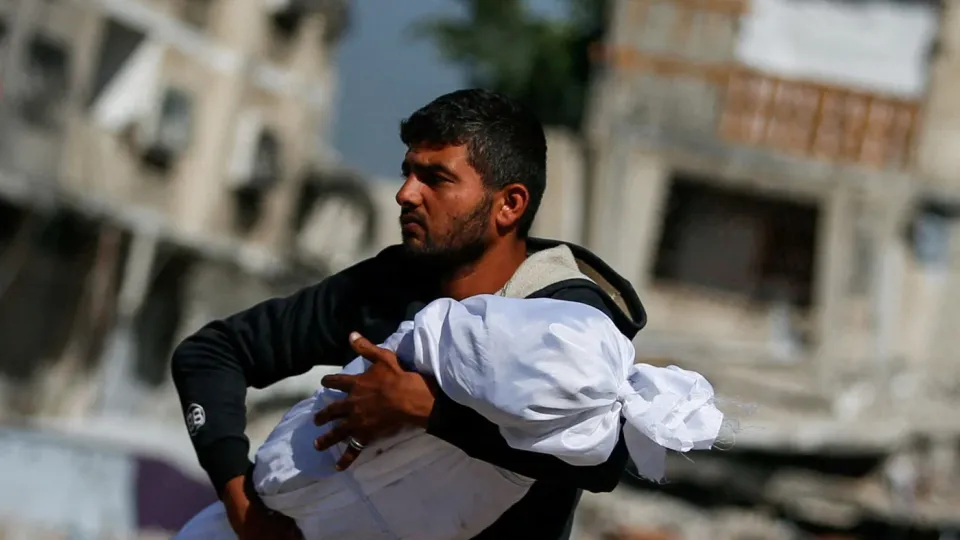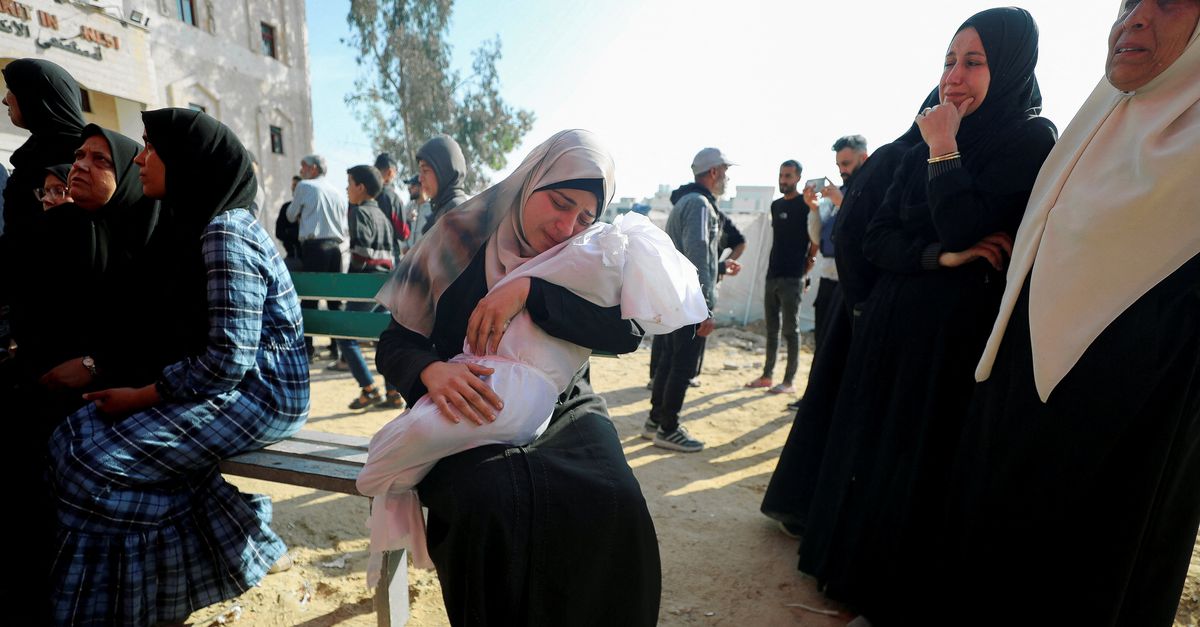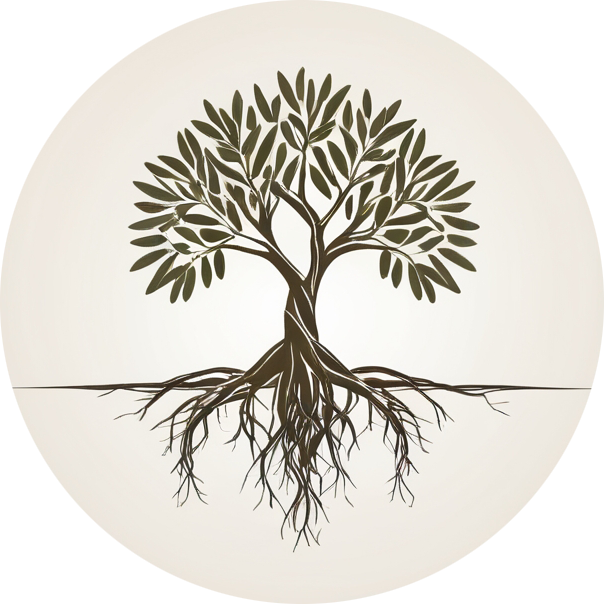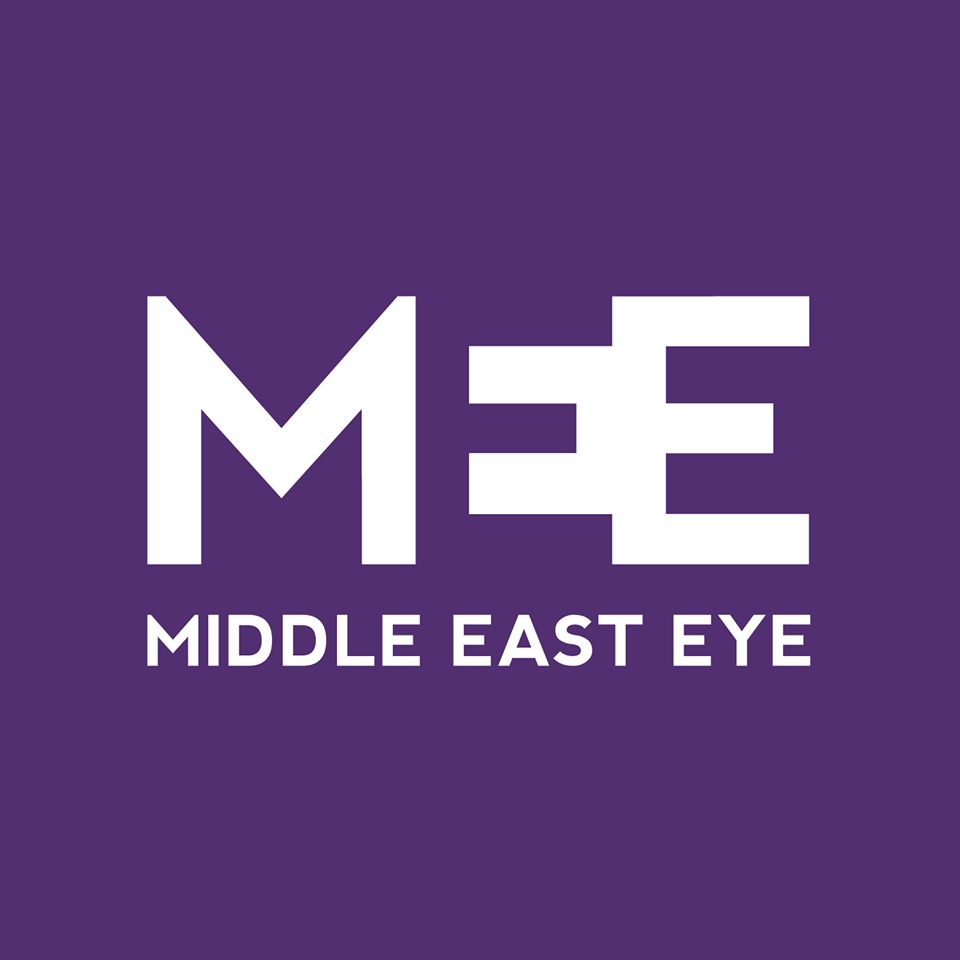NRC Investigation: It is a Genocide

The humanitarian crisis in Gaza has reached catastrophic levels, with alarming reports of starvation, mass displacement, and indiscriminate violence. A quarter of Gaza’s babies are now acutely malnourished, while Israel continues to block aid trucks and bomb hospitals and refugee camps. Over 53,000 Palestinians have been killed, including at least 15,000 children. Israeli officials, including Finance Minister Bezalel Smotrich, have openly called for Gaza’s total destruction and the expulsion of its population.
This has led to a critical question: Is Israel committing genocide? While the term remains politically charged, a growing number of legal experts, human rights organizations, and genocide scholars argue that it is.
Key Points:
- International Recognition of Genocide:
- The International Court of Justice (ICJ) has deemed Israel’s actions "plausibly genocidal."
- Human Rights Watch, Amnesty International, and UN Special Rapporteur Francesca Albanese have accused Israel of genocide.
- The NIOD Institute for War, Holocaust, and Genocide Studies (Netherlands) describes Israel’s violence as "genocidal."
- Academic Consensus:
- Genocide scholars overwhelmingly agree that Israel is engaged in genocide or genocidal violence.
- NRC consulted seven experts from six countries—none could name a respected colleague who denies genocide in Gaza.
- The Journal of Genocide Research published over 25 articles in the past year, with most concluding that genocide is occurring.
- Legal Definition of Genocide:
- Under the 1948 Genocide Convention, genocide includes:
- Killing members of a group.
- Causing serious bodily or mental harm.
- Deliberately inflicting conditions to destroy the group.
- Preventing births or forcibly transferring children.
- Intent is key—experts argue Israel’s blockade, mass killings, and dehumanizing rhetoric meet this threshold.
- Under the 1948 Genocide Convention, genocide includes:
- Israel’s Actions Fit the Pattern:
- Systematic starvation (blocking food, water, and aid).
- Mass civilian killings (indiscriminate bombings, targeting homes).
- Forced displacement (repeated evacuation orders with no safe zones).
- Dehumanizing rhetoric (calls for Gaza’s destruction by Israeli officials).
- Counterarguments Debunked:
- "It’s just war against Hamas" → Experts say civilian destruction exceeds military necessity.
- "No explicit extermination plan" → Genocide doesn’t require a written blueprint; intent can be inferred from actions.
- "Not all Gazans are dead" → Genocide includes partial destruction (e.g., Srebrenica).
- "It’s not the Holocaust" → Genocides vary in method and scale.
- Political and Academic Backlash:
- Scholars face accusations of antisemitism for labeling Israel’s actions genocide.
- Some lose jobs or funding (e.g., Raz Segal’s appointment at Minnesota was revoked).
- Germany suppresses debate, with critics fearing being labeled antisemitic.
- Why the Label Matters:
- The Genocide Convention obligates signatories to prevent genocide—inaction is complicity.
- Unlike war crimes, genocide carries unique moral weight, demanding urgent intervention.
Conclusion: A Genocide in Progress?
While legal proceedings continue, the majority of genocide scholars agree that Israel’s actions in Gaza constitute genocide. The debate now centers not on whether it’s happening, but on how the world will respond.
Sources:





Member discussion